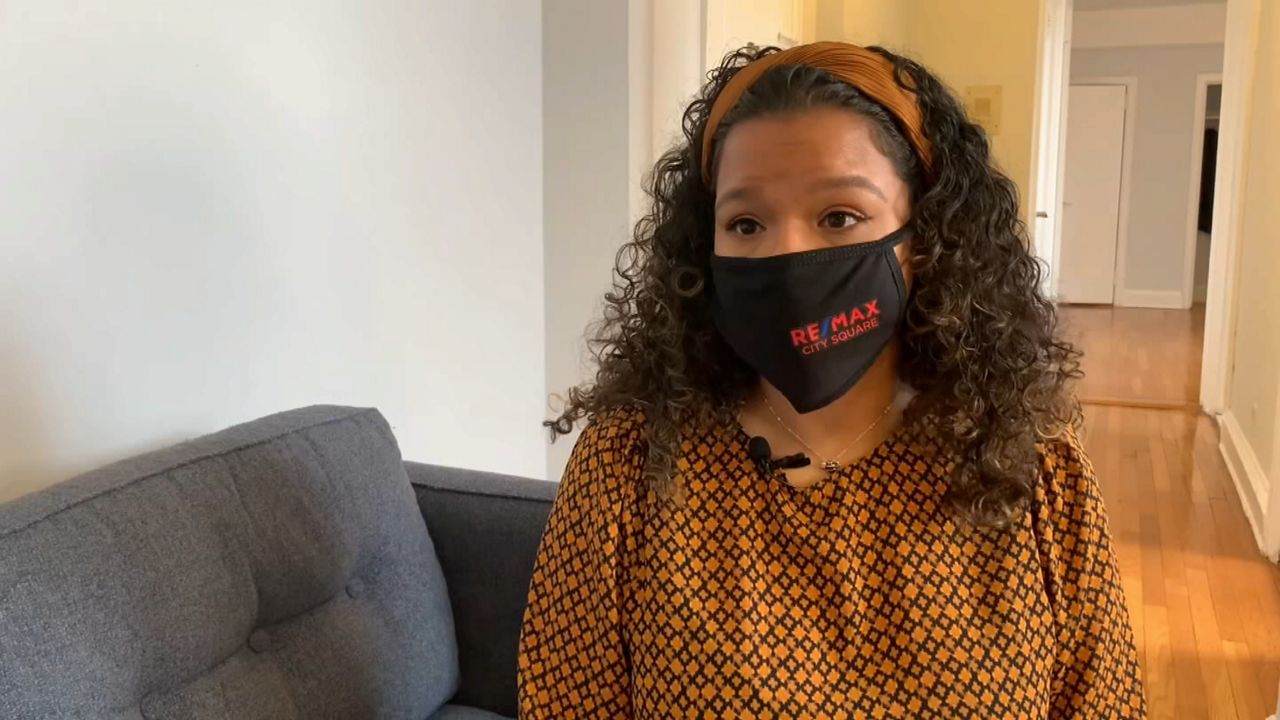 –
–
The next 3, 4 and 5 March will be held the Virtual Educa Congress, which has been classified as a ‘meeting’ between all the actors of Education and Training: governments, Academia, corporate sector and civil society. The meeting will discuss educational policies, the necessary public-private collaboration, the contribution of foundations and multilateral networks, infrastructures and accessibility, exponential education and emerging technologies (Artificial intelligence, Big Data, Clouding…) As well as on the 2030 agenda.
Important, even more so in times like the ones we live in, in which virtual training has reached a boom due to the circumstances, but not the one you might expect. In this sense, DealerWorld has chatted with Jorge Antón, director of Virtual Educa, who has analyzed the current degree of development of this type of training.
And his conclusion is clear: “Currently, in Spain, virtual training is little implemented in non-tertiary educational levels, because a face-to-face model has always been advocated in which students are in their physical classrooms”. Not in vain, and if the pandemic has shown us something – Antón considers – it is the need to adapt our behaviors to changing scenarios. “In the same way, education and training have had to adapt to new circumstances, favoring apprenticeships, totally or partially, virtually. But the big problem, especially in the non-tertiary stages, is the digital divide that exists in terms of devices and connectivity and that has been accentuated during confinement. To this disadvantage that makes virtual education difficult, sometimes the lack of digital competence of a part of the teachers and the lack of quality digital content is added ”.


–
Need to bet on digital
This leads to the need to bet on a training method more in line with the circumstances we live in, such as digital. Well, although society has moved towards a digital scenario in the last twenty years, the same has not happened, according to that specialist, with education and training.
“We have made little or very little progress on this path, since educational policies have not been carried out in a majority and continued manner in this regard. It has only been now, in the face of the unavoidable, when the focus has been on substitute or complementary teaching methods for face-to-face teaching and its difficulties have become evident due to the lack of prior specific training plans, in addition to other material deficiencies ”, he agrees Jorge Anton.
Consequently, the director of Virtual Educa believes it necessary that at a time like the present, launched fully into the digital transformation in our country (Digital Spain Plan 2025), “the time has come to bet decisively and courageously for a quality virtual education (online or hybrid), which has proven to be the most versatile because it makes it easy to follow the courses from any device; the most ubiquitous because any place is suitable and the most universal, since it allows access to content at a global level and not just locally ”, he adds.
Furthermore, in his opinion, “distance education and training can be understood as alternatives to the traditional face-to-face model or as complementary through hybrid training”.
Article originally published in DealerWorld Spain, magazine for the IT distribution channel. Read the original here.
–


